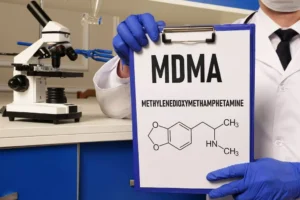
Pathological anxiety is when this fear arises in the absence of any threat or disproportionate relation to a threat, preventing an individual from leading a normal life. Read on to find out how a hangover can increase your anxiety, as well as what you can do when it happens. She was constantly working late, skipping meals, and saying “yes” to every task thrown her way.
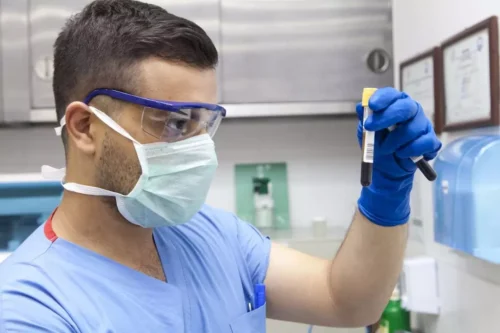
Is There a Connection Between Alcohol and Anxiety?
It’s also possible for chronic alcohol use to contribute to existing anxiety or lead you to develop an anxiety disorder. If you or someone you love is experiencing alcohol related anxiety, there are ways to cope. Typically, he offers this in conjunction with supportive therapy, motivational interviewing, and/or cognitive behavioral therapy in 30-minute follow-up visits. Occasionally, Dr. Lin may recommend that additional therapy is needed and ask that you bring a therapist into your care team in order to provide the best outcome.
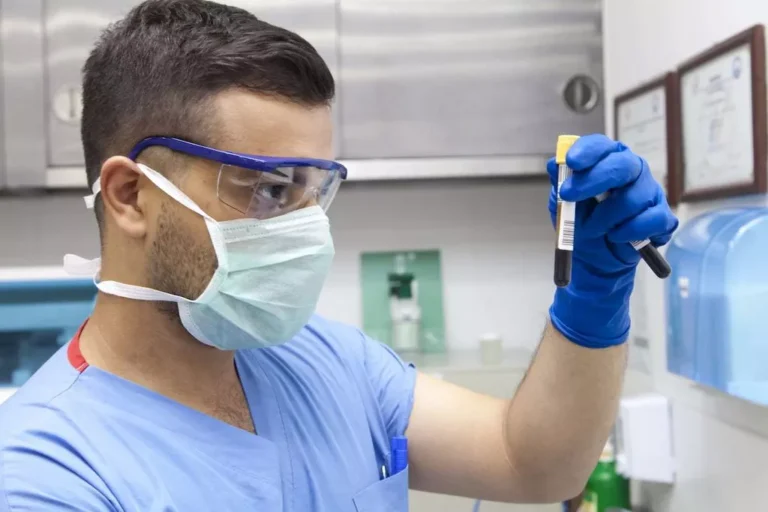
How Alcohol and Anxiety Are Linked?
You need to rebuild that coping ability in order to cure your panic attacks. Remember, it’s not just alcohol which can causes symptoms that lead to panic attacks. Excessive intake of other drugs and food, including caffeine and sugar, may also be triggers. If you’re someone who is prone to panic attacks when there is no obvious external trigger, dealing with the stress of mistakes can make having one more likely. This is especially true when coupled with the physiological symptoms of drinking. Excessive consumption of alcohol causes dehydration, which https://ecosoberhouse.com/ can make you feel dizzy and increase your heart rate.
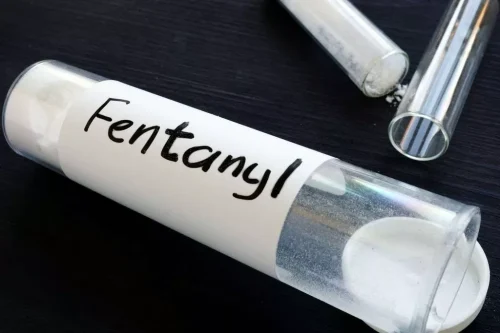
Better ways to treat and manage panic attacks
Following a bout of heavy drinking, individuals may experience heightened feelings of anxiety, irritability, and low mood as their body attempts to recalibrate. This is because alcohol acts as a depressant on the central nervous system, altering brain chemistry and potentially triggering or intensifying feelings of anxiety. Additionally, the physiological effects of alcohol withdrawal can also contribute to increased anxiety levels. Your GABA levels drop lower than normal, and glutamate surges back, sometimes causing alcohol-induced anxiety symptoms, including panic attacks after drinking. Sometimes, even just a few drinks can trigger a panic attack after drinking. Others might experience a full-blown alcohol withdrawal panic attack as their body processes the alcohol.
- A heavy influx of alcohol can lead to your body blocking its own GABA receptors in an attempt to re-establish this equilibrium.
- Consistent nightly drinking can significantly impact mental health, potentially leading to increased anxiety levels over time.
- When you experience alcohol-induced panic attacks, this cycle can become even more frightening and potentially result in a long-term panic disorder.
- Alcohol-induced panic attacks can compel people to binge drink to cope with the intense symptoms.
- Nature or ‘green therapy’ has a proven effect on anxiety levels and calming panic attacks.
- Currently, we have a much better understanding of mental health issues than in the past, and are more equipped to offer improved treatment.
- Many individuals will use alcohol as an unhealthy coping tool to reduce symptoms of anxiety.

On the other hand, as a typical depressant, alcohol can also cause feelings of deep sadness that may evolve into feelings of severe nervousness. Alcohol dependence may be present in dual diagnosis but also co-occurring disorders. If severe anxiety or panic attacks are a problem for you, make sure you get proper nutrition and exercise. Psychotherapy and mindfulness meditation can help you deal with anxiety. The relationship between alcohol and anxiety is complex and often cyclical.
How does Talkiatry compare to face-to-face treatment?
When the body and mind haven’t had the opportunity to rest, a person may feel on edge and irritable. If a person is also taking antidepressants, which is not uncommon for people with anxiety, the combination of the two worsens the condition and can trigger a severe panic attack. Factors such as dehydration, lack of quality sleep, and alcohol withdrawal symptoms can further contribute to prolonged anxiety. Understanding the potential for alcohol-induced anxiety to linger beyond the initial consumption period is essential for those seeking to manage their mental health effectively. Taking care of your overall well-being plays a big part in managing anxiety. Regular exercise, a balanced diet, and alcoholism getting enough sleep can make a noticeable difference.
A panic attack is panic attack while drunk a sudden episode of intense fear accompanied by a variety of physical symptoms despite no apparent danger. One of the most distressing factors about having panic attacks is how they seem to come out of the blue which further perpetuates the experience of being out of control. It is common for people to mistake the intense symptoms of a panic attack as a heart attack or a psychotic episode.
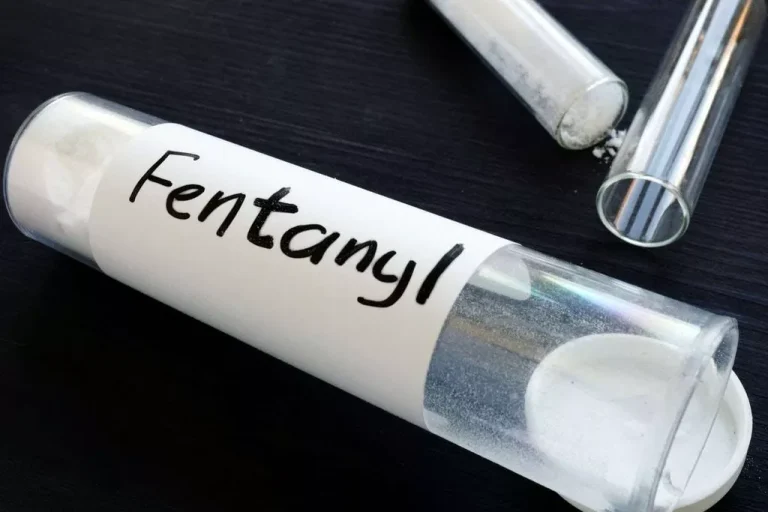
According to data from the National Institute of Mental Health, somewhere between 1% and 3% of the global population suffer… According to the National Institute of Mental Health, it is estimated that approximately 2.7% of adults in the United States suffer from panic disorder. If you believe you or someone you love has anxiety that gets worse with alcohol use, you or your loved one can take steps to treat their anxiety and cut down or stop drinking.
- Given their unpredictable nature, people who suffer with panic disorder find that the anticipation of the next wave of panic is generally worse than the panic itself.
- Eating a balanced diet, particularly with “super foods” that support mental health, is highly beneficial for easing stress and improving mood.
- Checking if you are regularly consuming over the recommended weekly limit of 14 units is a good start.
- Alcohol is a drug like any other, and anything that affects your body like alcohol does has the potential to contribute a great deal to your panic attacks and anxiety more generally.
- Since alcohol can directly trigger panic attacks, these positive habits to help us quit or cut back can help us maintain emotional stability.
Additionally, symptoms of anxiety will still be lurking around the corner as the underlying triggers have not been properly addressed and treated. In this case, alcohol can be especially harmful, potentially triggering and exacerbating panic attacks. While for some people the occasional drink is not harmful, others find that a single sip of alcohol is enough to significantly worsen their anxiety. While some people are able to drink responsibly and in moderation, others struggle to control their drinking and put themselves at risk of developing addiction and other physical health concerns. In other words, alcohol is not all bad – but it does have the potential to damage your psychological and/or physical health. If you are experiencing regular panic attacks, you need to ask for support.




